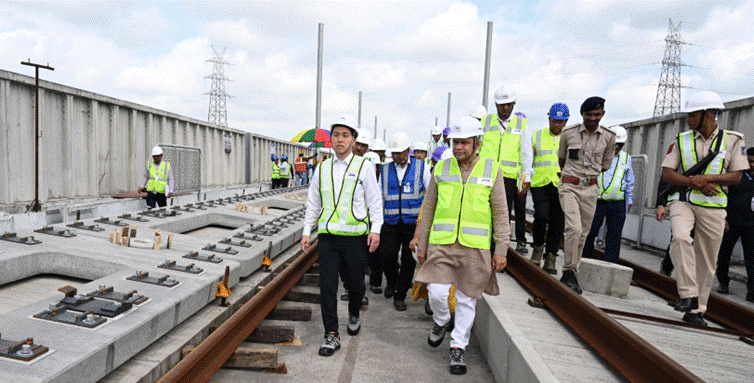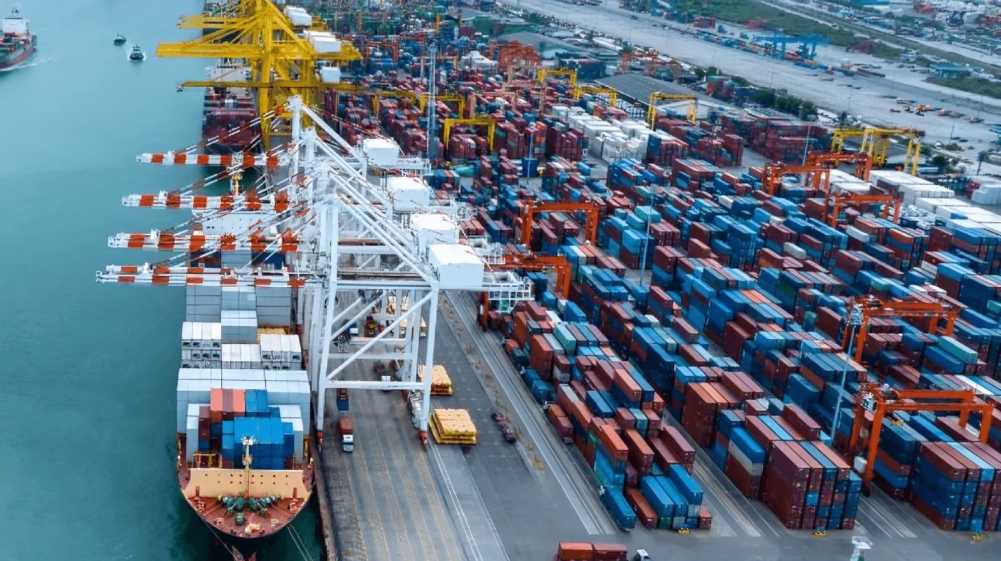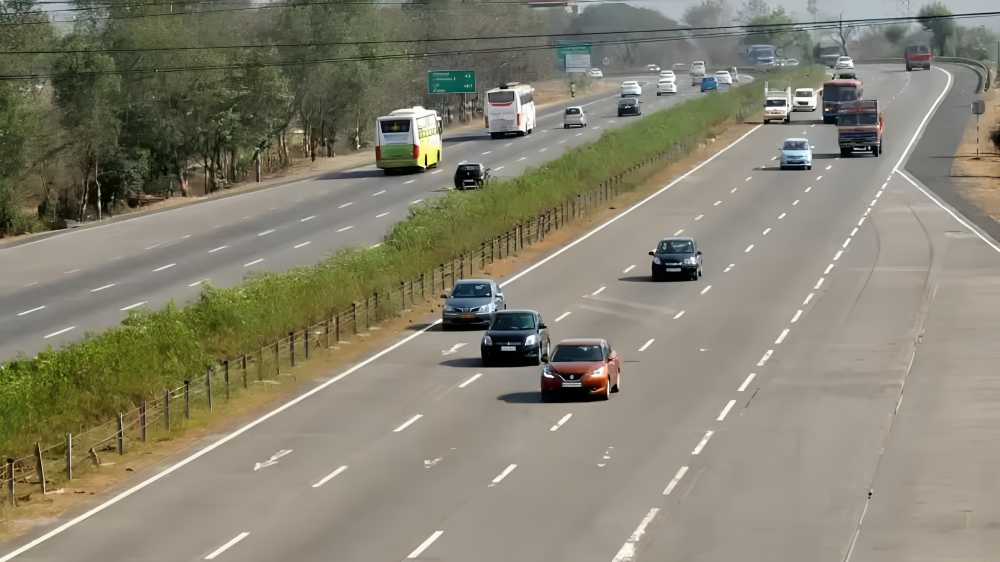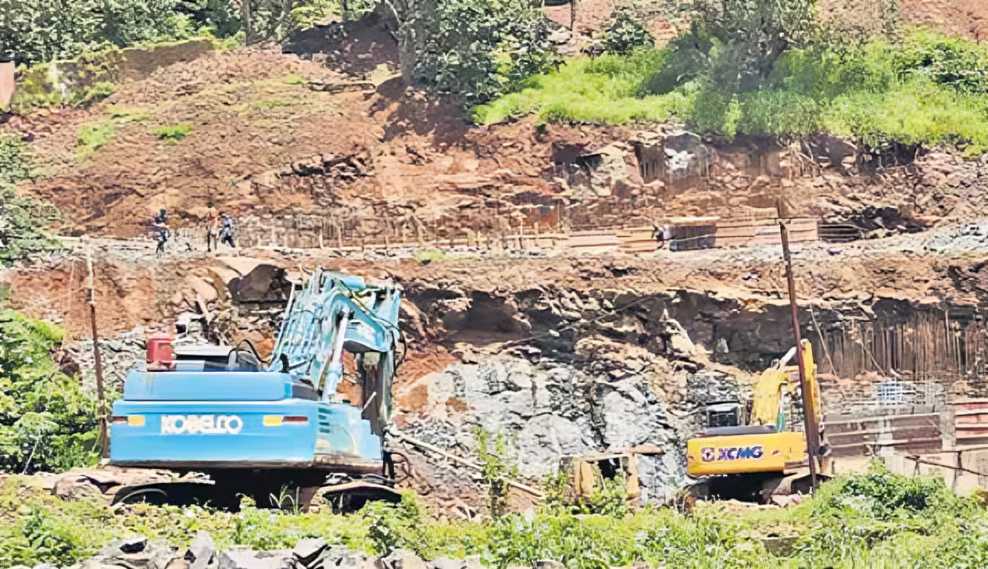October 4, 2025: Union Minister for Railways Ashwini Vaishnaw and Japan’s Minister of Land, Infrastructure, Transport and Tourism, Hiromasa Nakano, on Friday jointly reviewed the ongoing works of the Mumbai–Ahmedabad High-Speed Rail (MAHSR) project, India’s first bullet train corridor.
The Japanese minister was welcomed with a traditional Garba reception at Surat International Airport, in the presence of MP Mukesh Dalal, Mayor Daxesh Mavani, senior railway officials and representatives from the National High-Speed Rail Corporation Limited (NHSRCL).
At Surat, the ministers inspected the track construction base and witnessed the laying of the J-slab ballast-less track system on the viaduct. Vaishnaw also drew attention to the successful installation of the project’s first track turnout near Surat HSR station.
The delegation later travelled to Mumbai aboard the Vande Bharat Express and visited the under-construction Bandra Kurla Complex (BKC) underground station. Excavation at the site has reached over 30 metres—equivalent to a 10-storey building—with 84% of the work already completed. The station will feature three levels—platform, concourse and service floor—equipped with modern amenities, direct metro and road links, and skylights to enhance natural lighting.
So far, 323 kilometres of viaduct have been constructed along with 399 kilometres of pier work. The project has also completed 17 river bridges, five PSC bridges and nine steel bridges. In addition, 211 kilometres of track bed have been laid and more than four lakh noise barriers installed.
Work is progressing on seven mountain tunnels in Palghar and on the 21-km NATM tunnel between BKC and Shilphata, where a 5-km breakthrough has already been achieved. Construction of rolling stock depots at Surat and Ahmedabad is also advancing at a rapid pace. Station superstructures across Gujarat are nearing completion, while work on three elevated stations in Maharashtra has now begun.
Minister Nakano praised India’s Vande Bharat Express and reaffirmed Japan’s commitment to supporting the bullet train project. The joint inspections highlight the deepening India–Japan partnership in delivering sustainable, world-class transport infrastructure.
Source: DD News





